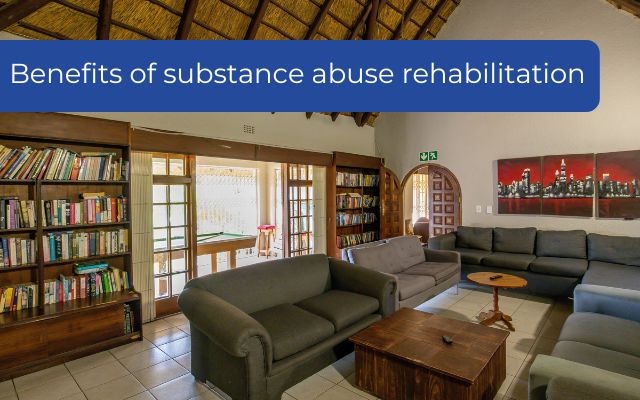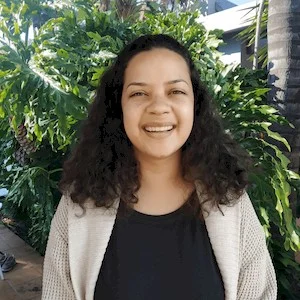
Substance abuse rehabilitation improves chances of long term recovery
Could professional substance abuse rehabilitation provide the support and tools you need to achieve lasting recovery and sobriety?

Anyone who has tried to quit an addiction on their own knows how difficult and daunting the process can be without support, that’s why it’s important to understand the benefits of substance abuse rehabilitation. Drug and alcohol rehabilitation facilities can give an individual a better chance at finding long-term sobriety through providing support, education and practical tools to overcome their addiction.
How does rehab help drug addicts or alcoholics? The benefits of treatment include:
Here are some of the benefits of substance abuse rehabilitation.
Breaking the cycle of substance use
Stopping using drugs on your own can be difficult and entering a safe and drug-free environment where you are held accountable often helps begin the process of recovery. Treatment also helps individuals overcome any uncomfortable or dangerous withdrawal symptoms through a detox programme.
Addiction education and self-awareness
Learning about the disease of addiction and how it manifests in your life can help you maintain long-term recovery. Most treatment centres help you identify which people, places, things or feelings may trigger you to use substances. Identifying triggers and learning healthy coping mechanisms is vitally important in maintaining a drug-free life.
Underlying issues and shame
There are many different reasons why people end up using and depending on drugs. Addiction counsellors and other professionals like psychologists are trained to help addicts identify the root causes of their addiction. Dealing with these underlying issues in therapy helps addicts understand their addiction better. Therapy also helps individuals constructively deal with the guilt and shame attached to their addiction so that these emotions do not eventually lead them back to relapse.
Creating and reinforcing new healthy habits
In active addiction an individual’s daily routine is often structured around getting and using drugs as well as recovering from substance use. In treatment, new healthy habits and routines are introduced to an individual. Patients are able to practice new routines and ways of coping with life in a safe environment. They are encouraged to take this structure with them and implement it in their lives when they leave treatment.
There is always help and there is always hope and help available. Changes Rehab Johannesburg is here to guide and support you through each step.
Call 081-444-7000 or email [email protected] to get the help you need today.
How substance abuse rehabilitation boosts long term recovery, restores wellbeing and rebuilds relationships with professional support for lasting sobriety. Changes team counsellors are here to help you.Substance Abuse Rehabilitation Benefits For Lasting Recovery








